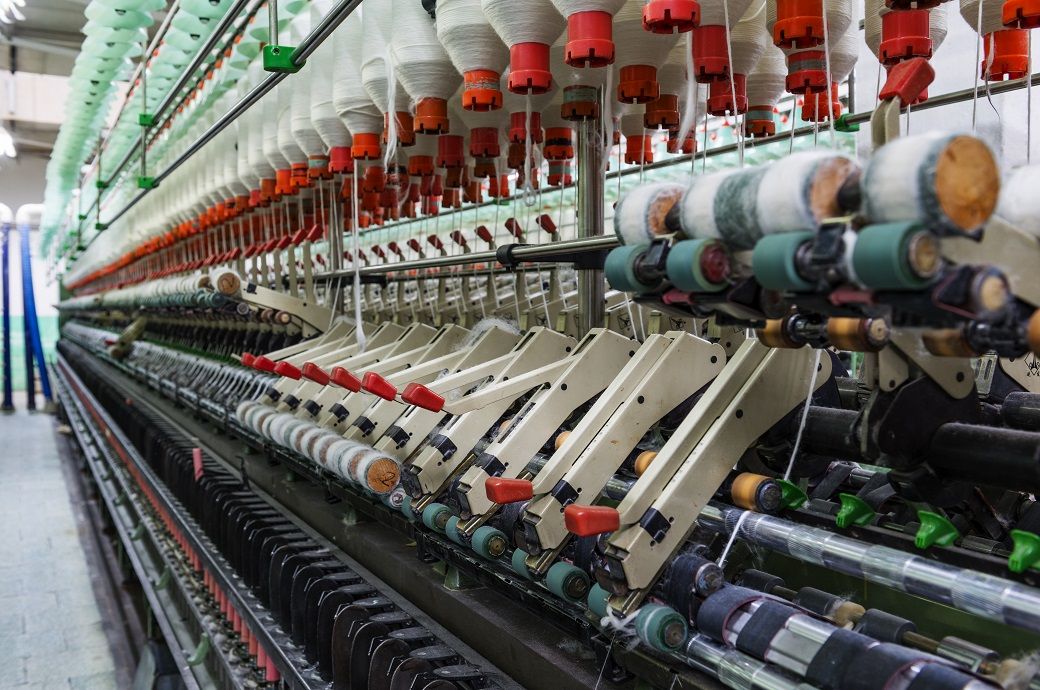Indian textile ministry shifts textile commissioner office to Delhi

“It has been decided with the approval of the competent authority to restructure the office of textile commissioner and textile committee (TC) in order to enhance effectiveness and achieve optimal use of resources. This restructuring exercise would involve shifting textile commissioner and few key officials to the ministry of textiles to strengthen the technical arm of the ministry, deployment/deputation of officers/staff from head office and field office to TC head office and field offices,” said an official communication sent to the present textile commissioner Roop Rashi.
Initially, the textile commissioner will be moved to New Delhi along with a few key personnel, including one joint textile commissioner, two directors and two deputy director level officers. The textile commissioner will be seated in the ministry and other officials in the regional office at NOIDA. The officials have been asked to relocate by April 5, 2023.
The textile commissioner acts as the principal technical advisor to the ministry of textiles and carries out techno-economic surveys. The TxC also advises the government on the general economic health of the textile industry through its eight regional offices at Amritsar, Noida, Indore, Kolkata, Bengaluru, Coimbatore, Navi Mumbai and Ahmedabad.
Established in 1943 during World War II, the office of the textile commissioner initially focused on arranging the supply of cloth to the defence forces and the general public. After the war, it was given the regulatory function of administering the prices, distribution, and control of certain varieties of cloth meant for civilian consumption in the post-war conditions of scarcity. After India gained independence, the office assumed a developmental role and contributed to the modernisation and growth of all segments of the textiles and clothing industry.
In an interview with Fibre2Fashion a few months ago, textile commissioner Roop Rashi had said, “The role of the government in supporting development and growth of the Indian textile industry is to create and sustain enabling environment for enterprises to flourish in the sector. Towards this end, primary focus areas remain – facilitating access to raw material, supporting growth of technology as well as skill development to strengthen value chain along production with qualitative improvements, and working consistently for access to markets while ensuring level playing field. In this context, the textile commissioner as the field interface of the ministry provides support to the ministry for all textiles and apparel items with objective of vastra vikas.”
Fibre2Fashion News Desk (KUL)
































-Ltd..jpg?tr=w-120,h-60,c-at_max,cm-pad_resize,bg-ffffff)





.jpg?tr=w-120,h-60,c-at_max,cm-pad_resize,bg-ffffff)
.jpg?tr=w-120,h-60,c-at_max,cm-pad_resize,bg-ffffff)






